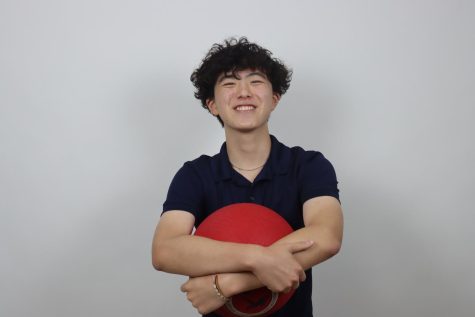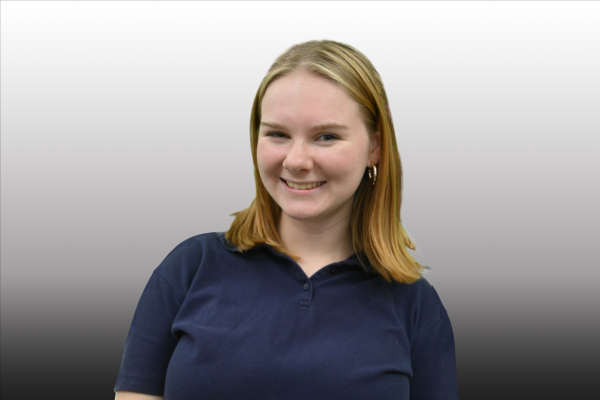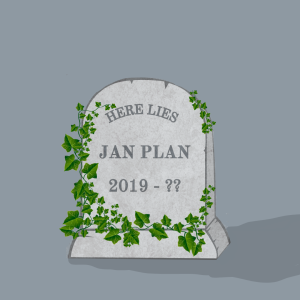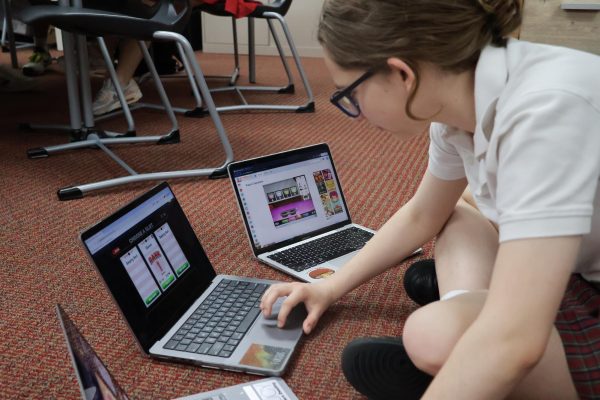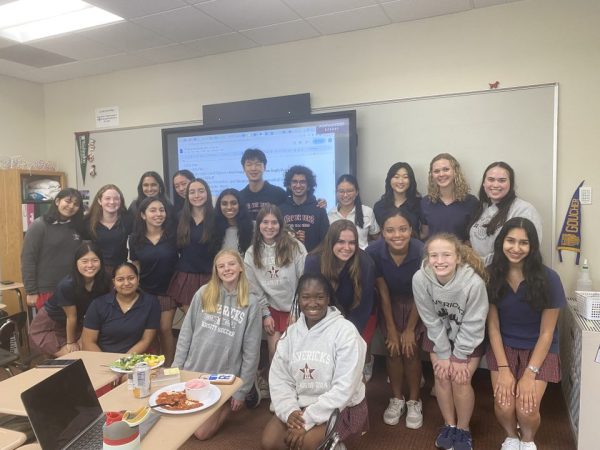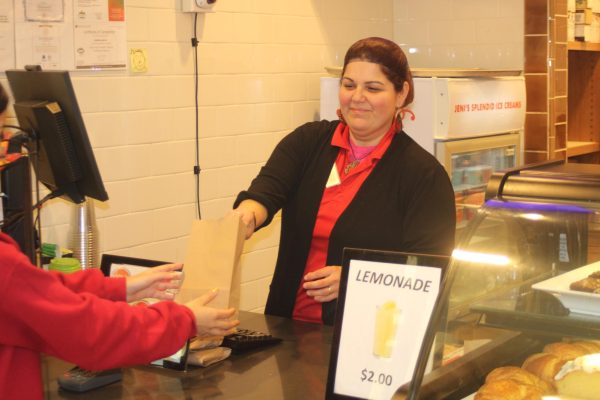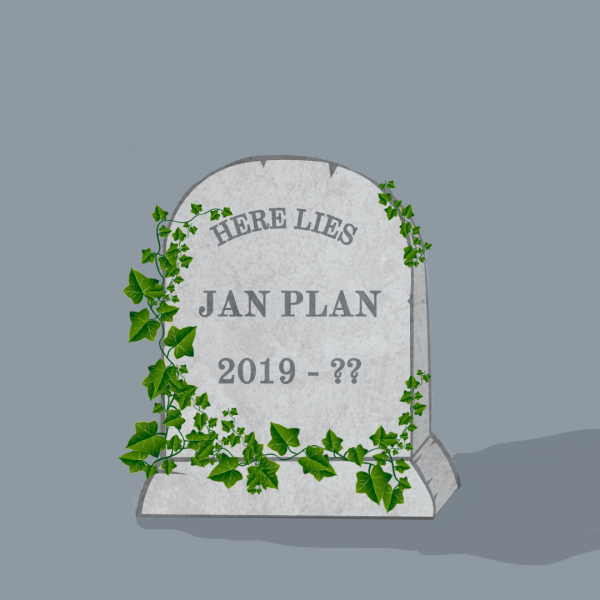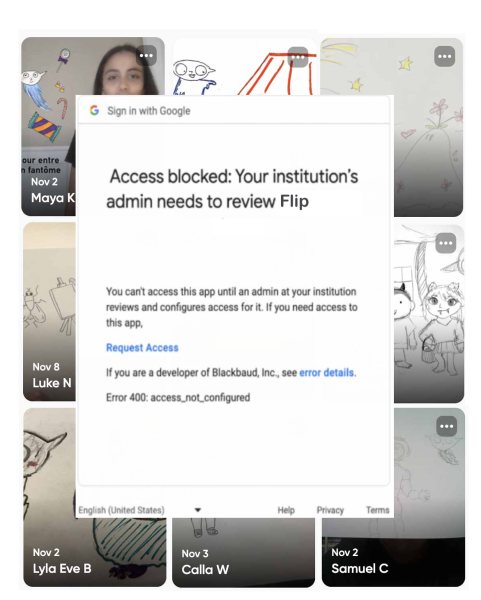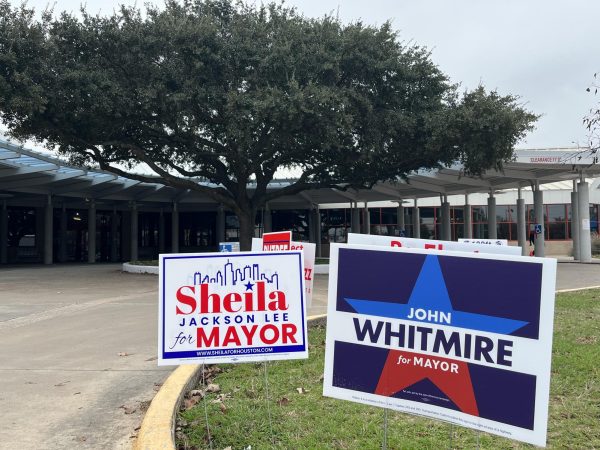Prevention Solutions speakers discuss chemical dependency with students
During the first week of the spring semester, students attended two one-hour sessions covering substance use.
January 23, 2023
During the first week of the spring semester, students spent two hours listening to people in healthy long-term recovery talk about substance abuse. This marked the return of the annual Prevention Solutions talks since the pandemic hit.
“We know we can’t prevent you from drinking or doing drugs,” one Prevention Solutions presenter said. “But we can educate you and share our experiences so that you’re aware and careful around substances.”
Prevention Solutions, previously Freedom from Chemical Dependency, is now a part of the Hazelden Betty Ford company, an international provider for addiction and mental health treatment services. The organization is known for publishing informative books about substance use and abuse, providing treatment for those struggling with addiction and training mental health professionals.
In 2021, Prevention Solutions administered an anonymous survey to all sixth-12th grade students about their familiarity and experiences with substances. During the talks, Prevention Solutions shared the results of that survey and discussed its relevance within the community.
According to the Prevention Solutions presenters, the survey dispelled the myth that most SJS upperclassmen partake in regular substance use, recording that 43% of 10-12th grade students have never had a whole drink of alcohol. But, students voiced their concerns that the survey was inaccurate or skewed because it was conducted during the pandemic when there were markedly fewer parties taking place.
Upper School counselor Ashley Le Grange, who worked at Prevention Solutions before coming to St. John’s, believes the most important part of the presentation was allowing students to have real-time discussions and ask relevant questions about substance use without being afraid of getting in trouble.
“Students are able to ask questions about how taking creatine or ADHD medication with alcohol can cause negative consequences,” Le Grange said.
Junior Olivia McCarty said having people in recovery deliver the message made it more powerful.
“They’re professionals, but they’re also familiar with teenage addiction and use,” McCarty said.
Le Grange received positive feedback from students who said they gained insight from the talks and had thought-provoking conversations with friends about what they learned. She said part of the appeal of Prevention Solutions is how they take a conversational approach, compared to a lecture.
Looking ahead, Le Grange and Jake Davis, the other Upper School counselor, plan on alternating programs related to substance education with programs on relationships and sexuality across every grade level. Students should expect this program to be implemented into St. John’s in the upcoming years.
“I think the most important thing about discussing substance use is not telling students what to do or what not to do,” Le Grange said. “It’s educating students so if they’re in a situation to use substances, they feel confident about the choices they’re making.”


